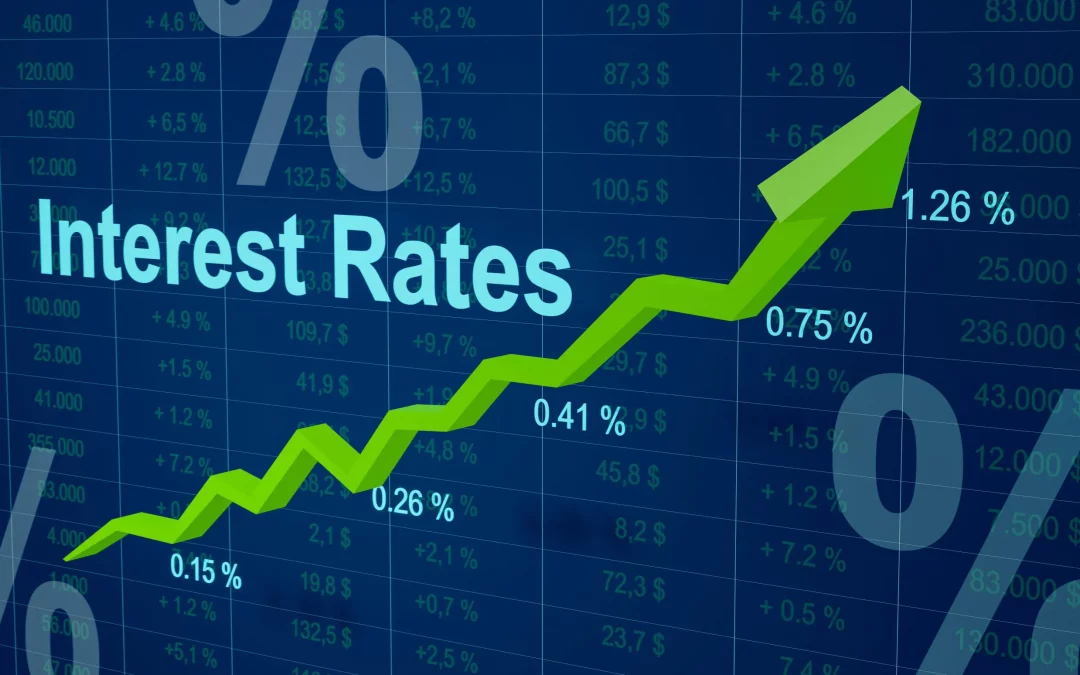Interest rates in real estate can vary significantly based on a variety of factors, including economic conditions, central bank policies, inflation rates, and market demand. As of my last update in January 2022, interest rates globally were relatively low due to central bank interventions aimed at stimulating economic growth amid the COVID-19 pandemic. However, I can’t provide real-time information, so it’s best to consult current financial news or sources for the most up-to-date data.
That said, if interest rates in real estate are indeed high at the moment, there could be several reasons:
Central Bank Policy: Central banks, such as the Federal Reserve in the United States or the European Central Bank, often dictate short-term interest rates through monetary policy tools like the federal funds rate or the discount rate. If these rates are increased to combat inflation or manage economic growth, borrowing costs for mortgages and other loans can rise, leading to higher real estate interest rates.
Inflation: Inflation erodes the purchasing power of money over time. When inflation rates are high, lenders may demand higher interest rates to compensate for the decreasing value of money over the life of the loan. Investors also demand higher returns to offset the effects of inflation, further pushing up interest rates.
Risk Premium: During uncertain economic times or in regions with unstable political climates, lenders may perceive higher risk in lending for real estate projects. To mitigate this risk, they may charge higher interest rates to borrowers, reflecting the increased likelihood of default.
Market Demand: When there’s high demand for real estate financing, lenders can afford to charge higher interest rates. This could be due to a booming housing market, increased investment activity in commercial real estate, or a surge in development projects.
Global Economic Conditions: Real estate markets are interconnected globally. Economic events and trends in one part of the world can influence interest rates in another. For instance, if major economies like the United States or China experience interest rate hikes, it can have a ripple effect on interest rates in other countries.
Government Policies: Government regulations and policies related to real estate financing can impact interest rates. For example, changes in tax laws or regulations affecting mortgage lending standards can influence borrowing costs.
Supply and Demand Dynamics: In periods of high demand for real estate and limited housing supply, competition among buyers can drive up prices and interest rates. Similarly, in oversupplied markets, lenders may raise rates to compensate for the increased risk of default.
Understanding the specific reasons behind high interest rates in real estate at any given time requires analyzing a combination of these factors and considering the unique characteristics of the local and global economies.

